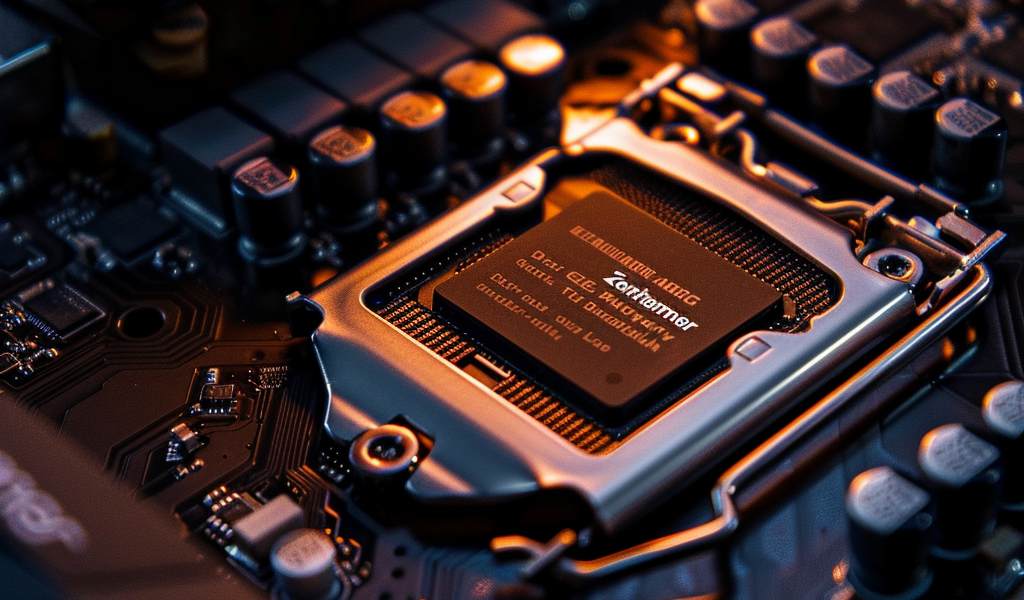AMD’s Zen 3 & Zen 2 CPUs Now Vulnerable To “Zenhammer”, Prompting Memory Leakage
Recent research conducted by ETH Zurich has revealed that AMD’s Zen platform is susceptible to Rowhammer attacks, impacting the functionality of DRAM. The vulnerability, also known as ‘Zenhammer’, poses a significant threat to the security of AMD’s Zen 2 and Zen 3 systems.
Rowhammer, initially discovered in 2014, manipulates the contents of DRAM by inducing an electric leakage in memory cells, potentially leading to data corruption and unauthorized access to sensitive information. The vulnerability, which was previously associated with Intel-based systems, has now extended to AMD’s Zen platform, raising concerns among users.
Independent researchers at ETH Zurich successfully disrupted the memory contents of Zen 2 and Zen 3 systems by exploiting the Rowhammer implementation. By reverse engineering DRAM addressing functions and employing specially crafted access patterns, the researchers were able to manipulate the memory contents, posing a significant security risk to users of these systems.
In response to the findings, AMD has promptly released a security brief to address the issue. The company is actively assessing the researchers’ claims and has committed to providing an update following the completion of its assessment. AMD has also advised users to contact their DRAM or system manufacturers to determine the susceptibility of their systems to this new variant of Rowhammer.
Furthermore, AMD has reiterated its recommendations for existing DRAM mitigations to counter Rowhammer-style attacks, emphasizing the importance of utilizing DRAM supported by industry-standard DDR specifications.





